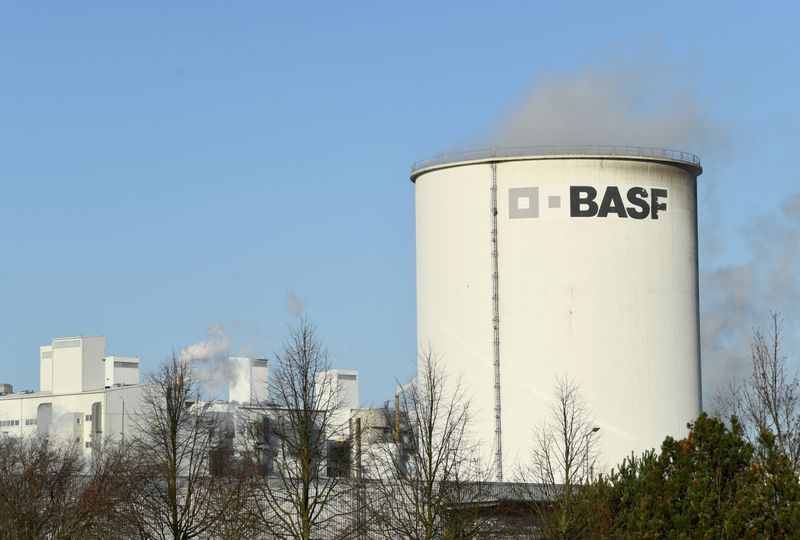BASF Outperforms After Bumper 2Q But Can’t Shake Energy Crisis Blues
2022.07.12 14:56

Budrigannews.com – BASF (OTC:BASFY) stock outperformed the broader German market on Tuesday after reporting second quarter numbers that were well ahead of consensus forecasts.
BASF said in an unscheduled release late on Monday that earnings before interest, tax, and special items in the second quarter were 2.34 billion euros ($2.36 billion), a little below the 2.36 billion euros it earned a year earlier but above forecasts. Second quarter sales rose 16% to 22.97 billion euros, well above forecasts, as the company was able to pass on higher input prices to customers. Net profit, at 2.09 billion, was up sharply from 1.65 billion a year earlier, thanks to the contribution of oil producer Wintershall DEA, in which it holds a stake.
The numbers allowed the German chemicals giant to claw its way back into the green after a sharp drop at the open, but it still couldn’t completely escape the broader negativity gripping a market focused on fears of a looming energy crisis and recession in Europe.
By 4:30 AM ET (0830 GMT), BASF stock was up 0.3% in Frankfurt, while the benchmark DAX index was down 0.7%.
BASF, the largest industrial consumer of natural gas in Europe, has shed some 40% of its value since Russia invaded Ukraine in February, with much of the decline coming after monopoly Gazprom (MCX:GAZP) cut supplies of gas by 60% last month. Gas is not only essential for the heat in BASF’s industrial processes, but it’s also a basic feedstock for the agricultural and other organic chemicals that it produces. Unions and management alike have warned that its headquarters in Ludwigshafen, which employs nearly 40,000 people, may have to close – at least partially – if Russia continues to choke off gas supplies through the winter. Germany’s emergency plan for coping with the current crisis foresees giving priority access to residential customers.
Chief executive Martin Brudermuller has said that he doesn’t expect this happy state of affairs to last: he predicts a sharp downturn in the second half as demand weakens due to high prices, while the surge in natural gas prices since Gazprom’s decision to reduce supplies is also likely to eat into its profit margins.
Benchmark European Gas Futures were up a relatively modest 3% on Tuesday in Frankfurt at 169.5 euros a megawatt-hour. That’s still more than 10 times the level they were trading at only 16 months ago.








